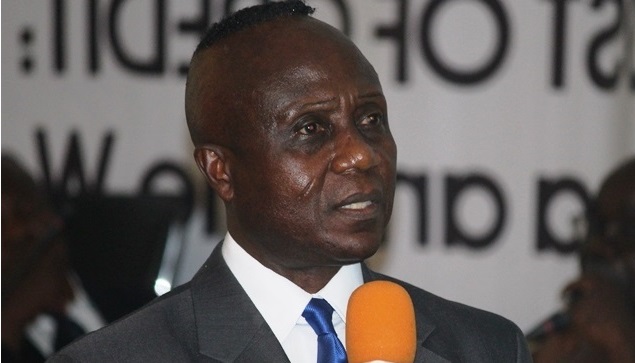Address rising inflation immediately – IEA To Govt, BoG
The government and the Bank of Ghana (BoG) must collaborate to address the factors causing inflation to rise, the Institute of Economic Affairs (IEA), has said.
According to the economic think tank, the current inflation rate of 33.9 per cent in August 2022 was largely driven by supply and cost factors, particularly food, fuel, transport, and exchange rate.
In a statement issued by the IEA in Accra on Monday and copied to the Ghanaian Times, it said the “supply and cost factors fueling inflation should be directly targeted with appropriate policy interventions.”
Inflation for diesel in August stood at 116.9 per cent, petrol was 80.5 per cent, and transport inflation (embedding fuel costs) stood at 45.7 per cent, imported and food 34.4 per cent.
IEA called for subsidies on basic staples and reinforcement of measures to ensure that food stocks were easily transported from farm gates to markets.
“Also reduction of fuel taxes or levies and the use of part of Government’s windfall gains from higher oil prices to cushion pump-prices, while expanding public transport and subsidising fares to cushion the masses,” it said.
Further, IEA urged the BoG to enforce the foreign exchange laws, including relating to forex carry-on limits for travellers, forex trading, pricing of goods and services in forex and forex transfers through banks.
“We call on the BoG and the government to work to adopt additional targeted measures to fight the inflation crisis and also negotiate with foreign companies to stagger repatriation of their dividends and profits to reduce pressure on the exchange rate” it stated.
IEA said in countries, including major economies where inflation, tended to be mostly demand-driven, a more appropriate tool such as Inflation Targeting had resorted to interventions directed to the supply factors.
The economic think tank said some advanced countries had taken unorthodox and innovative measures to cushion its citizens and was time for the country’s policymakers to be equally proactive.
“The United States has passed the Inflation Reduction Act, where the new UK Prime Minister has imposed caps on energy prices for two years, also France has capped fuel prices and limited electricity tariff increases to 4 per cent” IEA said.
Adding that, while the focus may now be on the immediate crisis, it would take far-reaching, comprehensive measures to address the underlying vulnerabilities and policy lapses in order to achieve durable price stability in the country.



